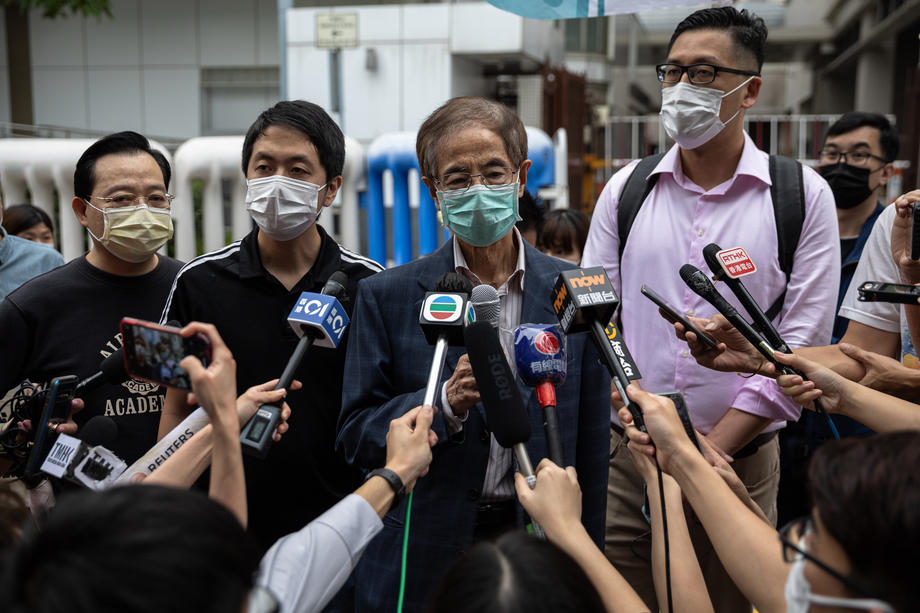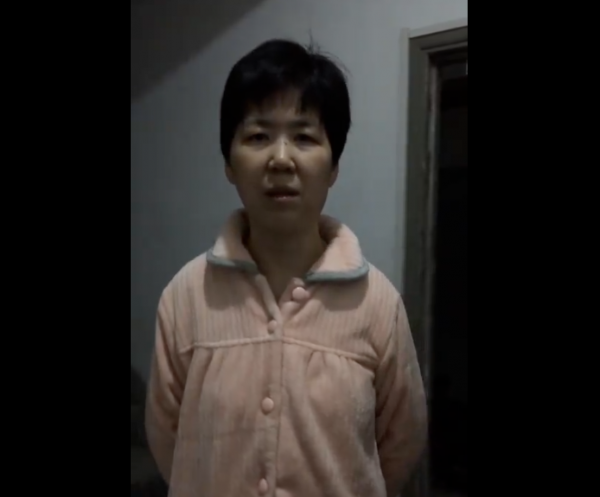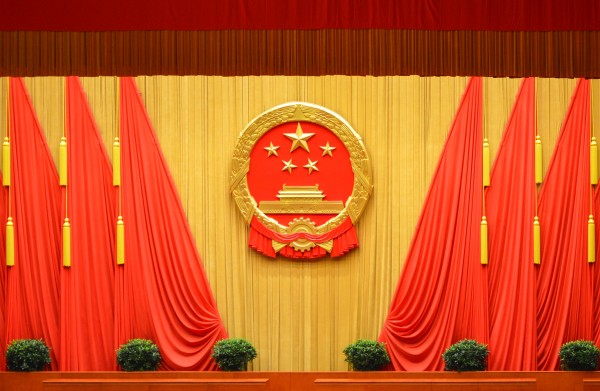The arrest of Jimmy Lai, the founder of Hong Kong’s Apple Daily newspaper, signals an increased effort by China to stifle independent media in the territory, the International Press Institute (IPI) warned today.
Lai, 71, founder of the Next Media group, which owns the Apple Daily and numerous other newspapers, digital news websites and magazines in Hong Kong and Taiwan, was arrested along with at least 13 other pro-democracy figures on April 18 on charges of joining an anti-government protests in 2019 sparked off by the now-withdrawn extradition bill. Lai has also been charged with intimidating a reporter of the Oriental Daily during a vigil in June 2017. He has been released on bail.
“Alarm bells should be ringing loudly over the arrest of Jimmy Lai”, IPI Deputy Director Scott Griffen said. “His detention is a sign that while the world is distracted by the coronavirus pandemic, China is moving to clamp down on independent media in Hong Kong in the wake of the territory’s pro-democracy movement. Hong Kong authorities should drop charges against Lai and protect the free flow of independent news and information – something the world needs now more than ever.”
Lai and two former lawmakers, Lee Cheuk-yan and Yeung Sum, who were also released on bail, will appear in court on May 5. They have been charged with attending an unlawful assembly that was initially organized by the Civil Human Rights Front on August 31 but cancelled as the organizers lost an appeal against the police ban. However, protestors took out a march from that location in Wan Chai claiming it was a religious gathering to pray for the chief executive, whom they described as a sinner. Religious gatherings are not banned in Hong Kong.
“The arrest of Jimmy Lai is a threat to free press in Hong Kong from an undemocratic government. The real goal is to shut down the Next Media, in which Jimmy is the largest shareholder”, Mark Simon, a spokesperson for Next Media, told IPI. “First it was the economic pressure and now it is the legal pressure to close down the largest media organization in Hong Kong.”
China has vigorously tried to establish control over independent media in the region. In 2017, journalists had voicedconcerns over the deteriorating state of press freedom in the region and increasing influence of the mainland through ownership of traditional media outlets, an increase in self-censorship and attacks on journalists.
In 2019, as the protests against the extradition bill spiralled into a pro-democracy movement, journalists became a target of the police. As the violence against journalists continued, several of them suffered injuries, including one who was splashed with corrosive liquid and another who was permanently blinded in one eye after being shot in the face with a police projectile. The incidents prompted some media outlets to partially recall their reporting crews from the front-line.



